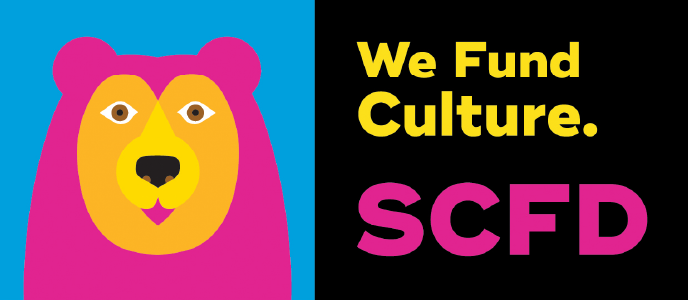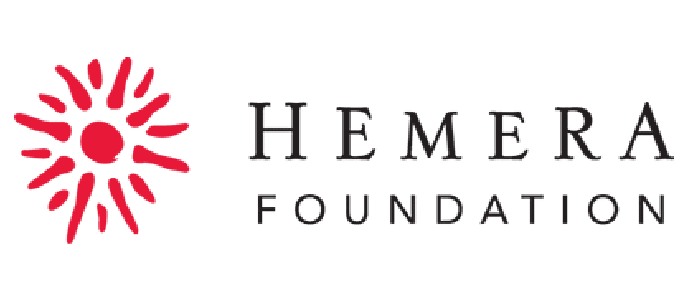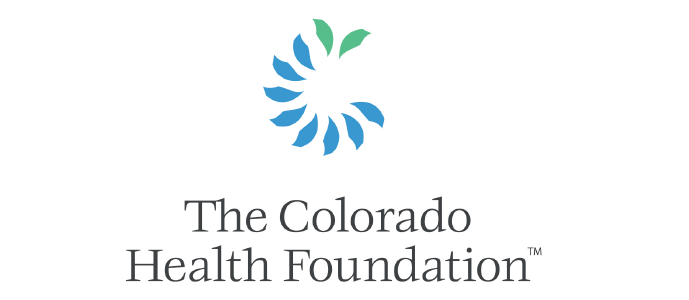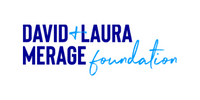Over the past several weeks, author and Air Force Veteran Cindy Skaggs has led several insightful writing workshops for veterans as part of the Colorado Humanities AIS grant project.
I had the privilege of participating in some of these workshops, and quickly learned that like any new artistic endeavor, it was excitingly challenging. Writer’s block immediately became a real consequence, and practice was the only cure.
Skaggs provided several warmups towards the beginning of each meeting, always simple and accessible enough for those stuck within their homes.
Afterward, the conversation narrowed around important challenges every writer faces, from time-management to obstacles while publishing. Whilst hearing other participant’s experiences and struggles, it was apparent how important collaboration was to their processes.
Arts in Society asked Skaggs to provide her own journey to authorship, what it means to be a veteran writer, and how she found out she could help others through their stories.
Interview with Cindy Skaggs, Leader of the Veterans Writing Workshop hosted through Colorado Humanities
Skaggs is the author of several works including two fictional series: Untouchables and Team Fear.
Skaggs:
As a writer and college professor, I read the words veterans need to say. Each semester a new story, tragedy, miracle, savior, or demon is revealed.
“When I first started teaching college writing, I taught night school where 12 of the 13 students in my first class were prior military. I had separated myself from the military community, but these men and women reminded me of the connection military members share.
“We speak a common language; we've worn the same uniform, endured the same hardships and joys; we've moved every couple of years for an entire career or a single enlistment; we've been to countries most will never see to do a job most will never know, and together—these students and I—created a community.
Over the following few semesters, some common themes sifted to the top of the sandpile. Due to the saturation of students that were military or prior military, most of them experienced issues stemming from their time in service.
“An old man at 26,” one veteran wrote, lamenting an active mind and a broken body. One wanted to remind those able of body and mind to keep our hands off her service dog, while another shared the love he has for the service dog that saved his life and became his best friend. Another wrote a rejection letter to suicide, and an acceptance letter to life.
There is No “One-Size-Fits-All” Veteran Story
In that first class, I had a former helicopter crew chief who couldn’t sit through the four and a half hours we had, and had to stand in the back of the room due to too many hard landings permanently damaging his back.
Another, a prior first sergeant, had a long and exemplary career, but couldn’t get past the trauma that lasted only thirty seconds during their time in the desert. Two had served on the USS Ronald Reagan when it went in support of recovery efforts after Fukushima. Both have nonspecific and debilitating medical issues.
I’ve seen TBI’s (traumatic brain injuries), service dogs, hearing loss, insomnia, PTSD, alcohol, and drug addiction. I also had student writers who had no traumatic experiences, however, were frustrated by the assumptions that potential employers make of military veterans.
Like most of these writers, I was young when I joined the military and believed that nothing bad would or could happen to me. Within a year of joining, the girl who grew up on the south end of town had visited most of the U.S. states, and more countries than I can remember.
Over the course of my time in the service, and then my time as a military spouse, I learned that I wasn’t as untouchable as I wanted to believe. I separated from the military community, and in that self-imposed isolation, I forgot the value of the military family, the one thing many vets say they miss most once when they separate.
That first year of teaching night school, I discovered a world of experiences that veterans wanted, needed, to write about. Every semester, I get prior military students who tell me more in writing than they meant to share. Sometimes, it’s because they want someone to hear them.
They deserve someone to bear witness to their stories.
Creating a Post-Military Family
Through the power of these writers, I reconnected with my military roots. The workshops often do the same for our participants.
Many veterans need to heal or reintegrate, and one way to do that is with Expressive Writing Workshops, the Lunch and Learn Workshops, or the Veterans Writing Workshops. Because of my experience working with veterans, and my own writing journey, I know writing is cathartic, but most need a guide to get there.
Over the many incarnations of our Veteran Writing Workshops with Colorado Humanities, which have had to change due to COVID, we've built a small but dedicated military family.
In the in-person classes, we built a small but dedicated community, who met every week to write what we couldn't say out loud. Others came and went to learn the process and work on their own. There is no wrong or right, just what works for the individual.
Writing Workshops for Military Veterans, Family, and Caregivers
Veterans Writing Workshops are provided through Colorado Humanities & Center for the Book. Photo: Non-official event graphic.
Each different incarnation of the program has a different feel, different participants, different facilitators, and different stories. All workshops are free and open to active military, veterans, family members, and caregivers. They're led by active writers, editors, teachers, veterans, and military family members.
The Expressive Writing Workshops, facilitated by writer and veteran Cindy Skaggs, provide a gentle guide for dealing with trauma in a non-threatening environment, Online, Sundays from 3-4:30 MST.
The writing prompts work like a cleanse, helping writers heal emotional toxins. Expressive Writing is based on the work of Dr. James Pennebaker whose book Writing to Heal has put the anecdotal evidence to the test, proving through several studies that expressive writing’s long term benefits include improved mood, fewer depressive symptoms, improved social life, and alleviated anger.
Other veterans want to write about their time in service—or something completely unrelated to military life—to share with family or with the world, so we developed the Wednesday Lunch and Learn classes also led by Cindy Skaggs, with a different focus on the creative writing craft, held each Wednesday online from 12-1 MST.
The Veteran Writing Workshops give veterans the space and the skills to write their story the way they want it written through a workshop environment, facilitated by veteran and writer Jorge Isaac Arroyo and poet and professor Juan J. Morales.
This workshop, Sundays online from 12-1 MST offers a safe place for people to share and receive feedback on their writing.
Veteran Writing Workshops give veterans back control. The stories written and shared are inspiring, tragic, heartfelt, and a reflection of the human condition.
Writing Heals, Conceals, and Reveals the Human Condition
When I first started the Veteran Expressive Writing Workshops, I had no idea how much this would mean to me and to the attendees.
One wrote in her evaluation that “I learned that I can still function after a loss.” Another veteran wrote that he found expressive writing “incredibly helpful for me to deal with past trauma and find insights for future experiences.”
A recent participant said the Expressive Writing Workshop "was an answer to a prayer." Another said she “found some relief” and recommended the class to others so they can find relief as well. One frequent attendee wrote that she thinks others “could benefit from exploring emotions that are linked to specific events/trauma.”
Writing and talking about trauma can be equally beneficial, according to Pennebaker. As a writer, I intuitively went to writing to deal with any toxic event in my life, but it wasn’t until I was in the master’s program at Regis that I discovered creative nonfiction, which are true stories told using the same techniques as writing about fiction.
I realized there was an entire writing world that was focused specifically on writing about life events.
I won’t say that this discovery saved my life, but it did change my life and make it possible for me to be who I am today. The biggest surprise was how these workshops impacted me because I have been writing my entire life, and yet I was learning a whole new method for dealing with stress and trauma.
The Expressive Writing Workshops helped me recognize my triggers, realize when I was using busy-ness as an excuse to avoid things, and plan better actions when faced with these same triggers in the future. The workshops are a much-needed lifeline for me and for many others.
All the veterans I’ve referenced have written stories that resonated with me. They’ve impacted me so much I still remember some of them five years later, even when they’ve long forgotten me as their college English professor. I remember because of the emotional impact of their sacrifice.
Thank you Cindy for her educational contributions to Veterans Writing. You can see her independent works by visiting her website at www.cskaggs.com.
2019 Grant Recipient Colorado Humanities has provided educational and artistic opportunities for participants across Colorado. To help support their efforts and the Veterans Writing workshop, please visit them at coloradohumanities.org/programs.
About Arts in Society
Since 2016, Arts in Society has been funding individuals, grants, schools and government entities, with two-year grant awards of up to $50,000 per project. In addition to funding, grantees receive training, professional development, and marketing/social media support.
Funding is offered to projects in Colorado that are working collaboratively and utilizing the arts as an integral element for promoting social justice and community welfare.
Arts in Society is funded through a cohort of Colorado funders. 2019 funding partners include Bonfils-Stanton Foundation, Hemera Foundation, and Colorado Creative Industries . Funds and support are administered via RedLine Contemporary Art Center in Denver.






